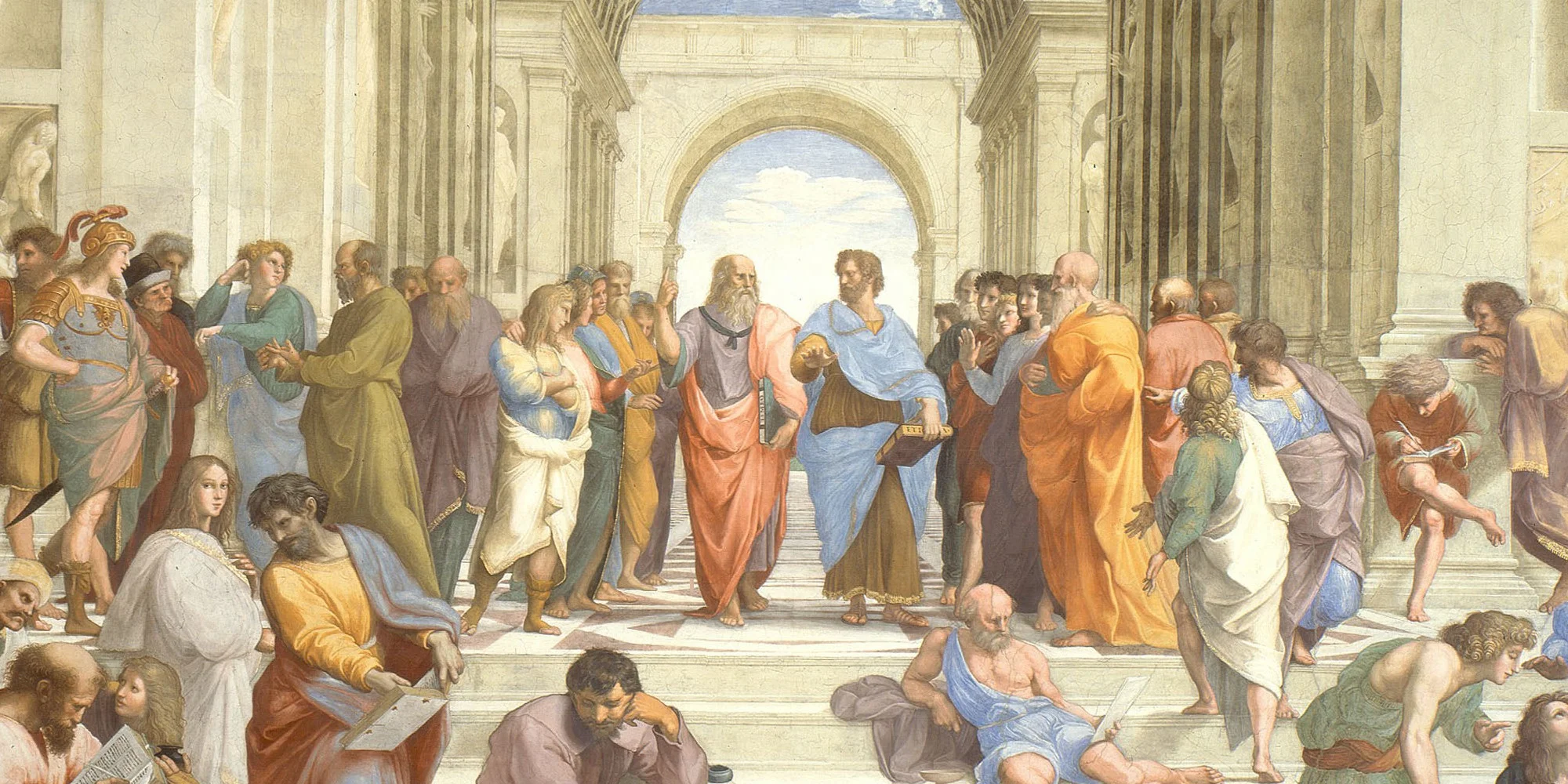On Utopia Today and Reasonable Hopes
Université Paris Nanterre, July 3-5, 2017
The 11th annual conference of the International Society for MacIntyrean Enquiry
Conference Secretary: Denis Forest
Assistant Secretary: Loraine Gérardin-Laverge
MacIntyre himself has dealt with the theme of utopia on several occasions and some commentators have ascribed a distinct utopian dimension to his political thought. But any attempt to settle the issue of this utopian character presupposes that we adopt some standard of what utopia can be. And any discussion of utopia as a counter model leads us to assess MacIntyre’s critical views of individualism, liberalism, and the legacy of the Enlightment. To deal with Utopia, then, we have to clarify first the very notion. And to grasp its meaning, we have to discuss key issues of MacIntyre’s political philosophy, like the normative structure of communities, as well as his reconstruction of the history of moral and political thought since Aristotle.
Since the days of Thomas More and Thomas Münzer, there have been two sides to utopia: one is the place from nowhere, whose perfection is located out of this world and whose function can only be the one of a critique of current human affairs; the other is the regulatory ideal, whose function is to guide and orient the transformation of society. Utopias may be borne out of despair, but they are synonyms with, or mere substitutes for, hope. Utopias, as narratives, are the product of our imagination, but they are not chimeras – human history is replete with social experiments inspired by them; and they are not delusions – the varieties of utopia express, from utopian socialism and Ernst Bloch to Robert Nozick, conflicting rational views of the common good and of the conditions of human flourishing. We would like this conference to explore this variety, and to provide an opportunity to reflect on what utopias mean to us, and why.
One century after More’s Utopia (1516) came Bacon’s New Atlantis (1627) and with its House of Salomon, the utopia of a society entirely devoted to the improvement of human knowledge. With the many malfunctions of the current organization of intellectual labor, we may well be in need of a new version of New Atlantis. Consequently, we would like to devote a large part of this conference to questions of social epistemology and to a collective reflection on the future of collaborative research in particular, and of academic life and academic standards in general.
The conference will be organized around three main themes:
the structure of utopia: utopia, narratives and imagination.
political philosophy: social or economic utopia.
social epistemology: utopia and knowledge.
